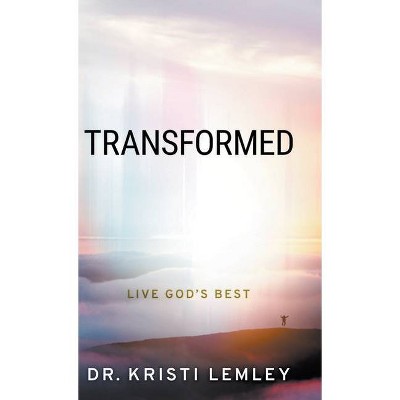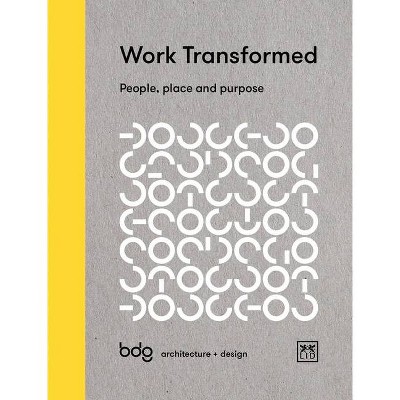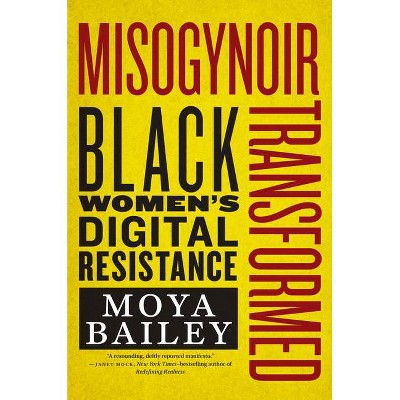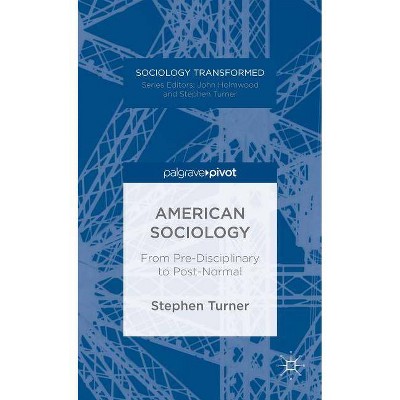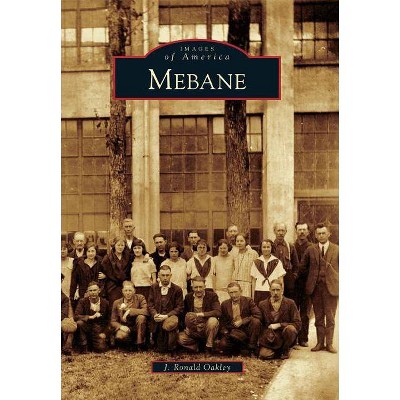America Transformed - by Ronald J Pestritto (Hardcover)
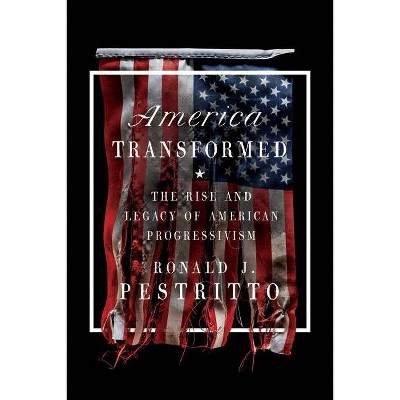
Similar Products
Products of same category from the store
AllProduct info
<p/><br></br><p><b> About the Book </b></p></br></br>"The America of the modern administrative state is not the America of the original Constitution. This transformation comes not only from the ordinary course of historical change and development, but also from a radical, new philosophy of government that was imported into the American political tradition by the Progressives of the late nineteenth century. The new thinking about the principles of government - and open hostility to the American Constitution - led to a host of concrete changes that Progressives proposed, and on occasion consummated, for American political institutions. Government today reflects these original Progressive innovations, even if they are often unrecognized as such because they have become ingrained for so long in American political culture. This book shows the nature of these changes - both in principles and in the nuts and bolts of governing; it also shows how progressivism was at least at the root of critical developments subsequent to the Progressive Era in recent American political history - how it was different than the New Deal, the liberalism of the 1960s, and today's liberalism, but also how these subsequent developments could not have transpired without the ground laid by the original Progressives"--<p/><br></br><p><b> Book Synopsis </b></p></br></br><p>The America of the modern administrative state is not the America of the original Constitution. This transformation comes not only from the ordinary course of historical change and development, but also from a radical, new philosophy of government that was imported into the American political tradition by the Progressives of the late nineteenth century. The new thinking about the principles of government--and open hostility to the American Constitution--led to a host of concrete changes in American political institutions. Our government today reflects these original Progressive innovations, even if they are often unrecognized as such because they have become ingrained in American political culture. This book shows the nature of these changes, both in principles and in the nuts and bolts of governing. It also shows how progressivism was often at the root of critical developments subsequent to the Progressive Era in more recent American political history -- how it was different than the New Deal, the liberalism of the 1960s, and today's liberalism, but also how these subsequent developments could not have transpired without the ground laid by the original Progressives.</p><p/><br></br><p><b> Review Quotes </b></p></br></br><br><p>"This marvelous book is essential reading for anyone interested in today's political scene. First, it exposes the Progressives' intellectual heritage and the policies through which they reshaped governmental institutions to suit their 'new faith.' Second, it systematically describes how the Progressives' administrative state, by intermingling executive, legislative, and judicial powers, undermines liberty and self-government. Professor Pestritto, an expert in both the Progressive Era and administrative law, explains how the vast gulf between the Framers' elevation of liberty and the Progressives' rejection of their premises has created a political House Divided." --Hon. Edith H. Jones, U.S. Court of Appeals <p/>"In <i>America Transformed</i>, America's premier scholar of the Progressive movement has written a definitive--and accessible--account of how the rejection of America's founding principles in the name of 'progress' is responsible for the decline of American governance over the last century. It's a fascinating and essential book for understanding so many of our current political predicaments." --Mollie Hemingway, co-author of the national bestseller <i>Justice on Trial</i> and Senior Editor at <i>The Federalist</i> <p/>"How are we to understand the Progressive movement and its transformation of American politics and culture? Was it a sensible, even inevitable, adjustment of American constitutional principles to the new economic and social conditions of the early twentieth century--an adjustment that continued as those conditions evolved through that century and into the twenty-first? Or did it represent a radical break with--indeed a deliberate assault on--the ideals of the American founding and the structures and institutions of our Constitution? In <i>America Transformed</i>, Ronald J. Pestritto makes a devastating--one is tempted to say definitive--argument for the latter ('radical break') view. Pestritto leaves the former view lying bloodied on the mat, and I hear the referee counting '7, 8, 9 ....'" --Robert P. George, McCormick Professor of Jurisprudence, Princeton University</p><br><p/><br></br><p><b> About the Author </b></p></br></br><p>Ronald J. Pestritto is Graduate Dean and Professor of Politics at Hillsdale College, where he teaches political philosophy, American political thought, and American politics, and holds the Charles and Lucia Shipley Chair in the American Constitution. He is also a Senior Fellow of the Claremont Institute for the Study of Statesmanship and Political Philosophy. He has published seven books, including <i>Woodrow Wilson</i> and the <i>Roots of Modern Liberalism</i>, and has written widely on progressivism and the administrative state for publications such as the <i>Wall Street Journal</i> and the <i>Claremont Review of Books</i>. Dr. Pestritto earned his Ph.D. from the Claremont Graduate University in 1996.</p>
Price History
Price Archive shows prices from various stores, lets you see history and find the cheapest. There is no actual sale on the website. For all support, inquiry and suggestion messagescommunication@pricearchive.us
